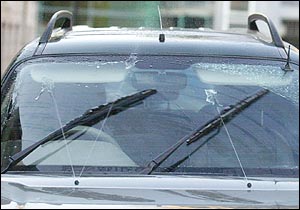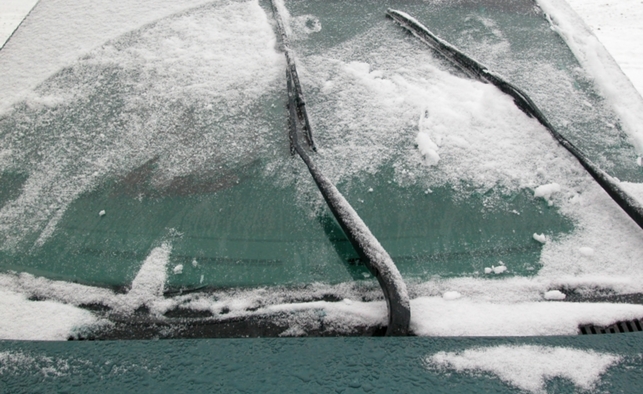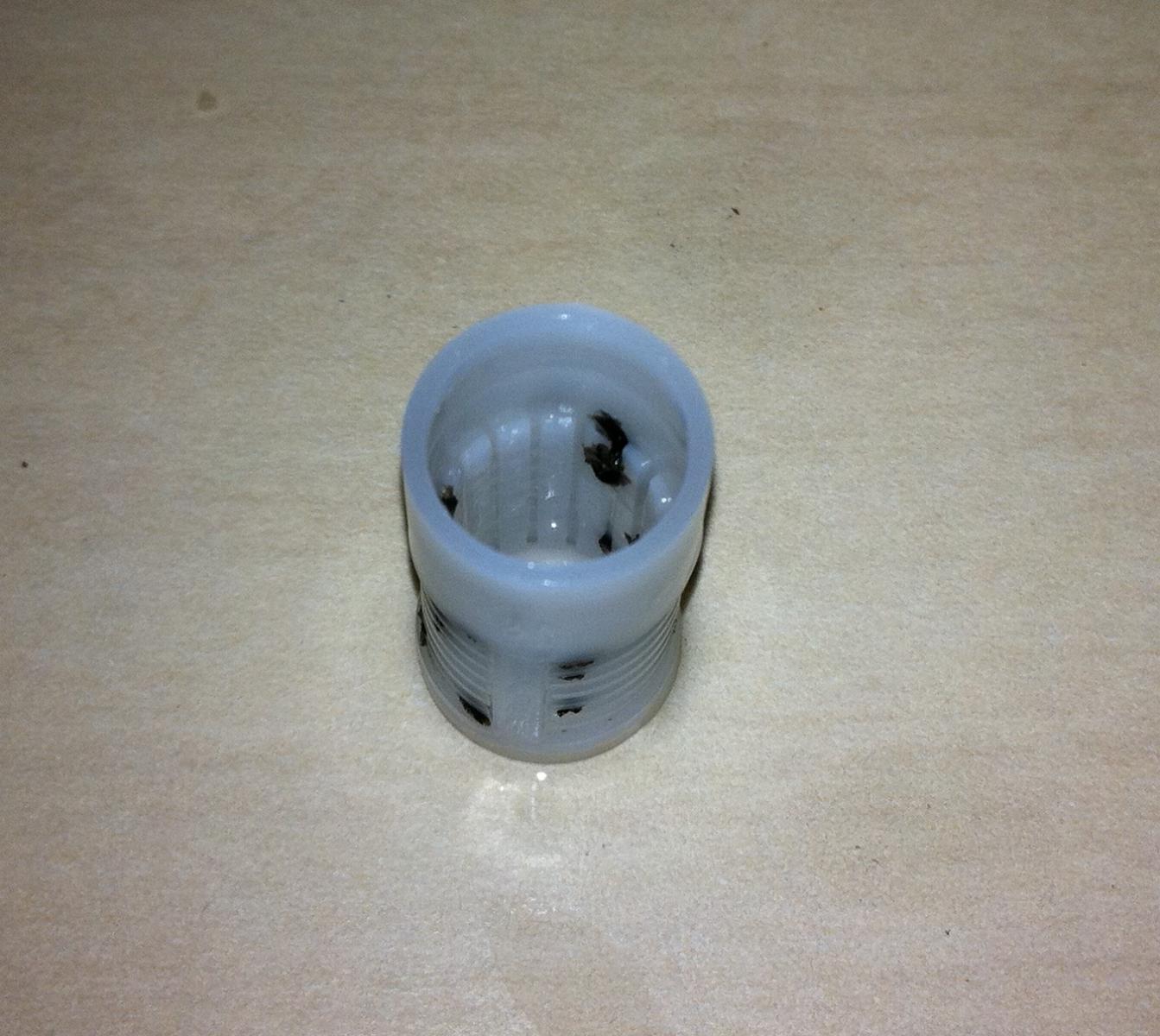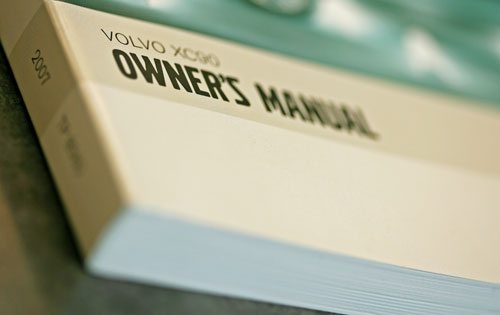- #granvilleoils #tradeshow #motortradeshow 1
- 0w/20 1
- A Bit Of Fun 3
- Abro 1
- Additive Packs 1
- Additive tanks 1
- Aftermarket 4
- Air Conditioning 4
- Animated Cars 1
- Antifreeze 9
- Article 2
- Auto Express 1
- Automatic Transmission 2
- Automechanika 7
- Automotive 35
- Autosol 3
- Autumn 2
- award 1
- Awards 2
- Baring 2
- blow moulding 1
- bottle 2
- bottles 1
- Brake Fluid 1
- Brakes 2
- Brand Focus 2
- Brands 1
- brochure 2
- business 1
- C3 2
- C4 1
- Capacity 1
- Car Wash 5
- carcare 2
- carcleaner 1
- carinterior 1
- Cars 5
- Catalogue 3
- Chemical 7
- chemical plant 1
- Cleaners 1
- Cleaning 10
- cockpit shine 1
- cockpitshine 1
- Cold Weather 4
- company 1
- company brochure 1
- Coolant 5
- Corporate 5
- cutting-edge 1
- design 4
- Dexos 1
- dubai 2
- dv5r 1
- eb2dt 1
- emergency puncture repair 1
- engine oil 3
- ep 1
- EV 1
- evolution 1
- exhibitions 2
- Facts 6
- Favourite Cars 1
- Flunkey 1
- Frankfurt 3
- FS 1
- fs pc 1
- fs rn 1
- Fuel 1
- Garden 1
- Gear Oil 3
- Germany 3
- Granville 10
- Granville bottles 1
- Granville brochure 1
- Granville catalogue 1
- Granville new tanks 1
- Granville Oil 42
- Granville Oil tanks 1
- Granville Oils 2
- Granville Oils Site 1
- Granville tank farm 1
- Granville tyre repair 1
- granvilleoil 4
- graphic 1
- Grease 2
- Gunk 1
- History 1
- homepage 1
- Hypalube 4
- identity 1
- ISO 14001 1
- James Bond 1
- James Holland 1
- logo 1
- Lubricant 18
- lubricants 2
- lubricating oils 1
- Machinery 2
- madeinuk 1
- Maintenance 20
- Manual Transmission 3
- manufacturing 1
- Mechanic 3
- mid saps 2
- motor 2
- Motor Factor 2
- Motor Oil 22
- motoring 3
- Motoring Problems 16
- mtf 1
- new engine oil 1
- new fully synthetic oil 1
- new Granville product 2
- new logo 1
- new packaging 1
- New Product 9
- new products 1
- NGLI 1
- Nova Car Care 3
- Nürburgring 1
- OEM 3
- oil 3
- packaging updates 1
- Paint 1
- Pets 1
- plastic 1
- PMF 1
- Polish 1
- Powertron Ultra 1
- premium oils 1
- product 2
- Product Feature 4
- Product Release 8
- production 1
- Products 3
- profinish 1
- puncture repair product 1
- Rain X 2
- Range 1
- rebrand 2
- rebranding 1
- recruitment 1
- refresh 1
- RN17 FE 1
- Screen Wash 1
- Screenwash 1
- September 2
- Show 1
- Sintron 1
- smartphone 1
- Spring 1
- staff 1
- stop start 1
- Summer 2
- tank farm 1
- tanks 1
- team 1
- Technical 22
- technolube 1
- Trade Show 5
- transmission 1
- Transmission Fluid 6
- Turtle Wax 4
- TV Cars 1
- tyre aid 1
- Tyre Safety 1
- Universal 1
- upgrade 1
- Valeting 9
- Veedol 10
- Veedol OEM 1
- Ventilation 1
- Wax 1
- website 2
- Windscreen 3
- Winter 3
- workmilestone 1
- 2024
- Dec 2
- Oct 2
- Sep 2
- Jun 3
- May 2
- Apr 6
- Jan 1
- 2023
- Dec 1
- Sep 1
- Jul 2
- Mar 4
- 2022
- Nov 2
- Oct 1
- Sep 1
- Aug 1
- Apr 1
- Feb 1
- Jan 1
- 2021
- Nov 1
- Aug 1
- Apr 1
- Mar 1
- Feb 1
- 2020
- Sep 2
- Jun 1
- May 1
- Mar 1
- Jan 1
- 2019
- Oct 1
- Sep 2
- Jun 1
- May 1
- Apr 1
- Mar 2
- Feb 2
- 2018
- Dec 1
- Sep 2
- Aug 1
- Jul 1
- May 1
- Apr 1
- Mar 1
- Feb 1
- Jan 1
- 2017
- Jul 2
- Jun 2
- Feb 2
- Jan 2
- 2016
- Dec 2
- Nov 2
- Jul 4
- Jun 5
- May 3
- Mar 2
- Feb 3
- Jan 2
- 2015
- Nov 1
- Oct 3
- Sep 1
- Aug 2
- Jul 4
Is Commercial Screenwash Better Than Water and Home-Brewed Alternatives?
The short answer? Yes. Absolutely. It can be tempting to settle for plain water in your windscreen washer system or to attempt to make your own with household detergent or alcohol but whilst you will make cost savings in the short term and its effects are kinder to the environment, the risks involved to your vehicle in the long term just aren't worth the short term savings. Here are the top reasons you should be sticking the screenwash in your system:

src: imgur.com
Cleaning Power
When it comes to getting rid of traffic film, grease and insect residue, screenwash has plain water beaten hands down. The alcohol and detergent in screenwash cuts through dirt quickly and effectively, getting rid of visibility obstructions which plain water could end up smearing across the glass. Home-brews with alcohol or household detergent, washing up liquid for example, would help to remove the dirt but depending on the substance used, it could leave residue behind on the glass or cause damage to rubber and paintwork.
Cold Weather Performance
The most obvious problem with just using water in any part of your vehicle's systems is that when the temperature plummets, it freezes. For windscreen washer systems, this isn't just an issue in that you won't be able to clean your screen at these temperatures, but the freezing and thawing of the water in the delicate hoses can cause cracks and splits to occur in the system.

src: imgur.com
Home-brew options made with alcohol will provide a little cold weather protection but the results will be unpredictable and unreliable. Commercial screenwash, on the other hand, contains chemicals which prevent the liquid from freezing consistently. The temperature it protects down to is dependent on the concentration of the anti-freeze ingredient both at point of manufacture and after consumer dilution so it is important to read the preparation instructions before use.
Environmental and Health Concerns
The argument that most make for using alternatives to screenwash in their vehicles is the negative environmental impact that chemicals in commercial screenwash can have. It's a delicate balance to address. Whilst, yes, opting for water will definitely be kinder to the environment than using a commercial screenwash, it can be dangerous to drive without the anti-freezing and cleaning properties that commercial screenwash provides, especially in wintry conditions.

src: e90post.com
Additionally, if left for a long period of time without replacing, plain water can start to develop bacterial, fungal and other organic growth within the system. A rotten egg type smell or blocked up jets can be a sign of this problem and it manifests itself particularly in warmer months where the presence of heat and oxygen in a half filled tank promotes mould growth. Chemicals in commercial screenwash prevent this stagnation and hinder bacterial development, making fungal growths and mould far less likely within the reservoir.
A study by the Health Protection Agency in 2010 also found that 22% of infections of Legionnaires' Disease can be linked back to cars which don't use screenwash* through 'the [stagnation of] water in the wiper fluid's reservoir, which then becomes an aerosol when it is sprayed onto the windscreen.' (read the full NHS article here)
Manufacturer Recommendations
Manufacturers' handbooks often state that the use of anything other than commercial screenwash diluted with clean water or at a push just clean water, is not recommended for use in the screenwash system. This is mostly down to the unpredictability of home-brew screenwashes in terms of consistency and content. Depending on the substances used in the home-brew screenwash, the tubes can become congested with residue if evaporation occurs, or the concentration of detergent or alcohol used may cause damage to delicate components.

src: imgur.com
It is important, as with all fluids, to make sure you only put what is recommended by the manufacturer into your vehicle. Failing to do so can cause damage and could void your warranty.
--
This article is intended for general information purposes only. Always consult your vehicle's user manual before attempting any kind of maintenance.
*Sourced NHS Choices. 2010. Legionnaires' risk from wiper water. [online] Available from: http://www.nhs.uk/news/2010/06June/Pages/Legionnaires-risk-from-wiper-water.aspx (accessed 01/02/16)
Article first published Tuesday 2nd Feb 2016 10:30:00